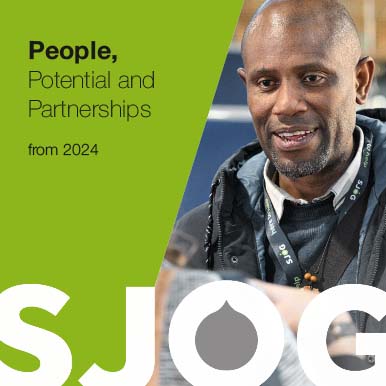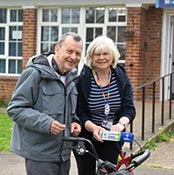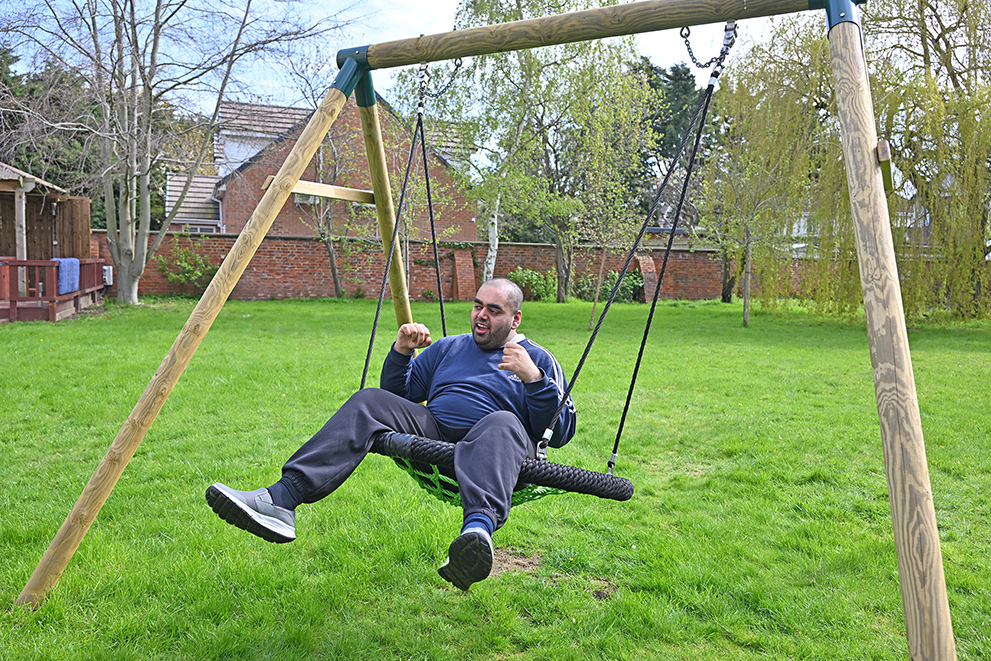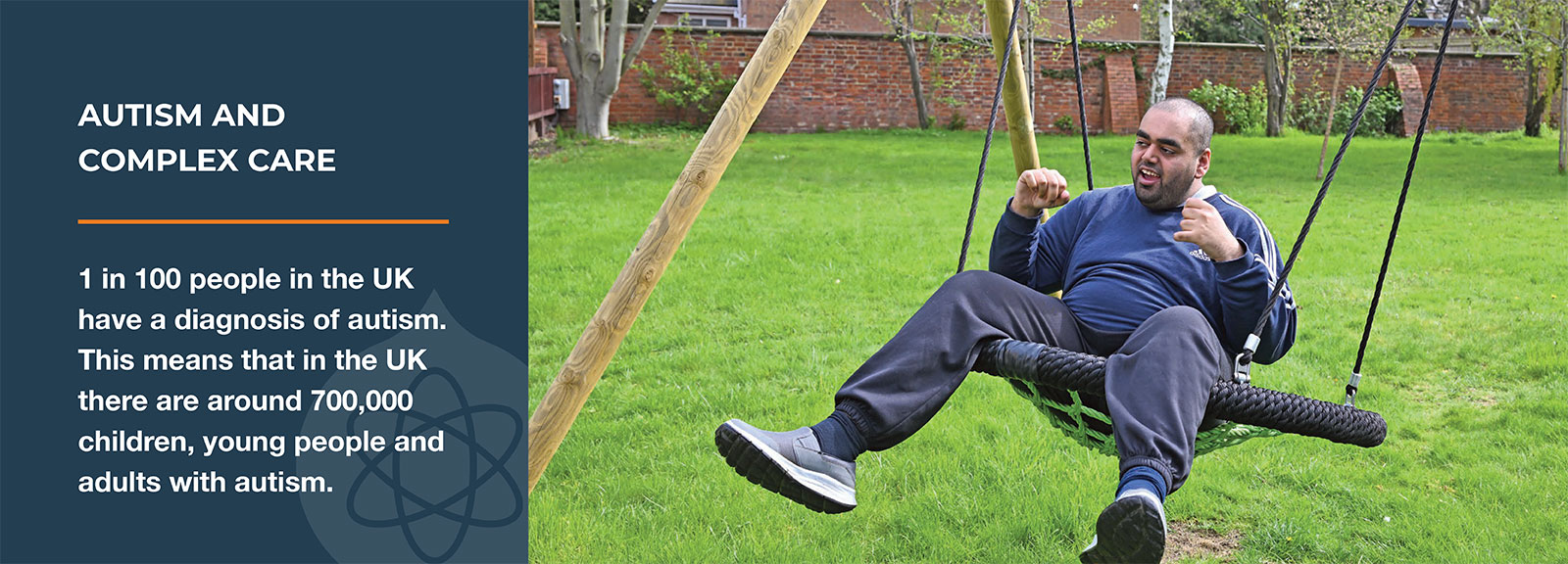At SJOG we provide specialist support for autistic people, and people with complex care needs, with a unique person-centred approach focusing on meaningful outcomes and quality of life.
39% of the people we support in our learning disability services are autistic. To deliver the highest level of support and understanding, our teams are trained in a range of specialised courses.
Highly skilled autism practitioners
A specialist PBS and autism clinical team provide advice and support on complex behaviours to all services.
96% of our colleagues across our autism services have an Autism Level 2 qualification and 67% of our operations and service management colleagues have a post graduate degree in autism.
Autism friendly environments
The environments in our services are autism-friendly and assessed to consider person-centred sensory needs, with high support levels so that people can maximise their independence in a positive way.
NAS accredited services
Our services are accredited by the National Autistic Society (NAS) recognising the quality of autism specific delivery in our services. To gain accreditation, organisations have to meet a standard of excellence and follow a framework for continuous self-examination and development.
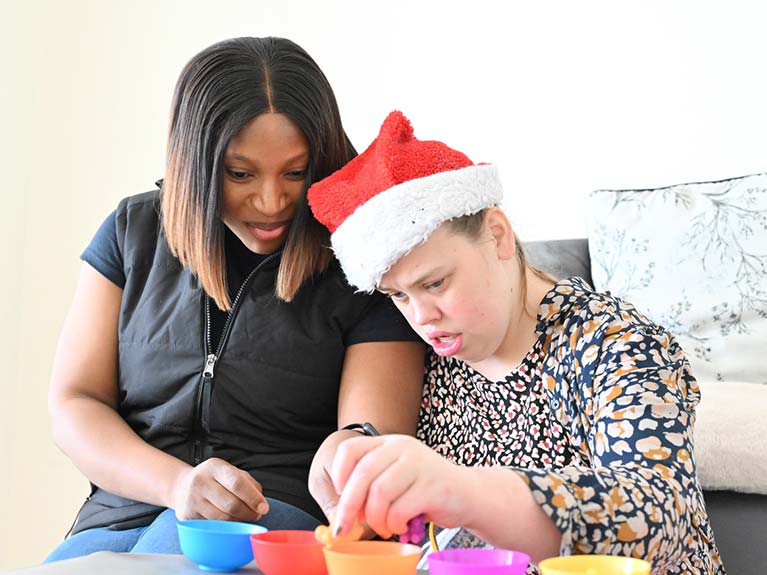
At SJOG our aim is not to ‘fix’ autistic people, but to create inclusive and capable environments so that people can thrive.
To do this:
We Think Autism
and develop a person-centred profile of each individual so that we can adapt environments that are right for people’s needs.
We Act Personal
and provide care and support that enables people to achieve their own outcomes and to exercise as much control over their lives as possible.
National Autistic Society (NAS) Accreditation
SJOG achieved NAS Accreditation in January 2022 providing assurance that our support is of the highest standard. The NAS Autism Accreditation is an internationally-recognised process of support and development for those providing specialist services for autistic people.
“We are delighted and proud to receive this award by NAS and that our
expertise
in good autism practice has been recognised. We are passionate about providing high quality
care
and work hard to tailor our support to the specific needs of each person.”
Ashley
Wilson,
Head
of Service Development and Quality.


